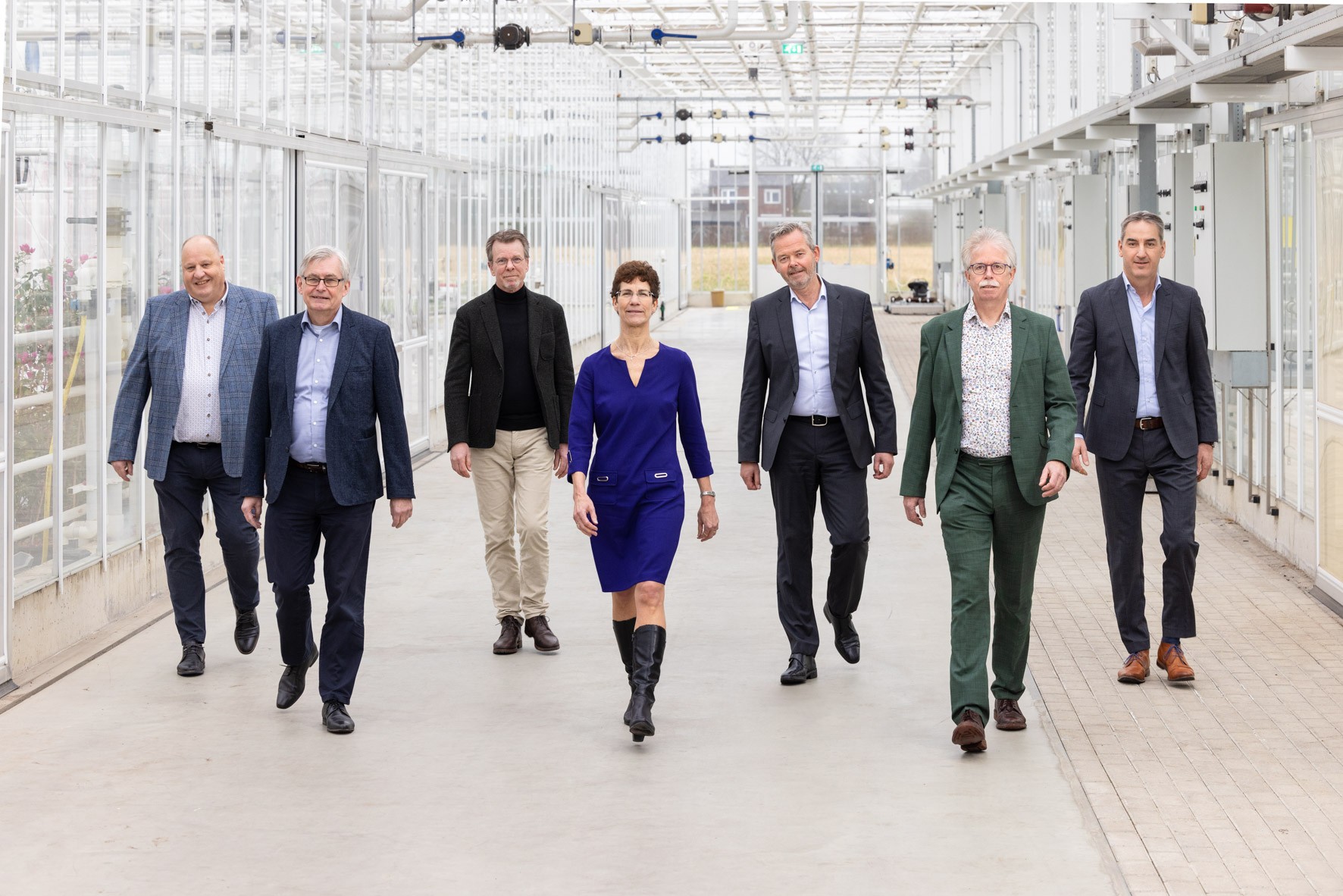Dutch horticulture leads the world. The Netherlands enjoys a national and international reputation for the quality of its seed and plant material. Growers and breeders create new varieties and provide reliable, healthy propagating material such as seeds, cuttings and young plants.
We test varieties, perform inspections of seed and plant material and test material for pests and diseases so that entrepreneurs in the horticultural sector can trade their plant material worldwide. Together with national and international companies, organisations and governments we share our knowledge and expertise to promote learning and innovation.
Providing the horticultural sector all over the world with good, healthy and reliable, high-quality propagating material and suitable varieties. That is what we stand for!
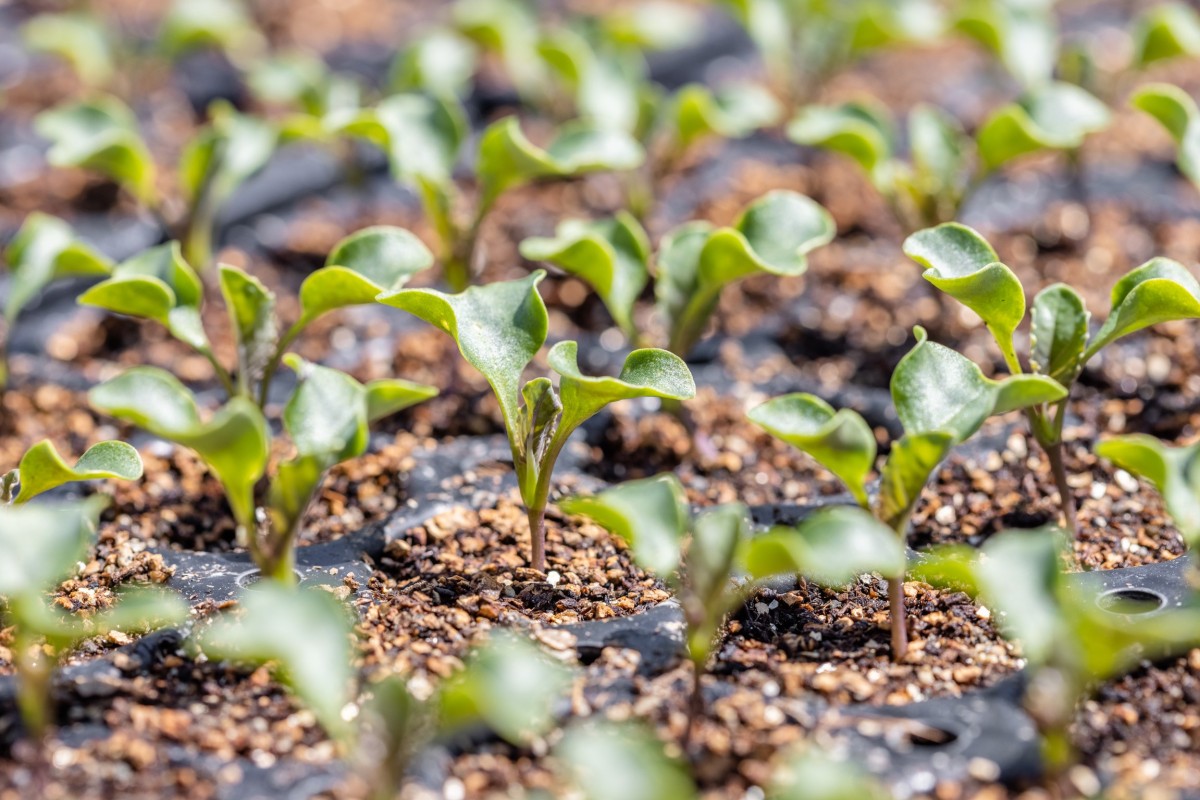
Naktuinbouw is the quality inspection service for horticulture
The Dutch horticultural sector has a highly innovative nature and is extremely successful in economic terms: After the United States, the Netherlands is the largest exporter of agricultural and horticultural produce in the world. Each company in the Netherlands that intends to market and trade plant material is under a legal obligation to register with an inspection service. We are here to serve the horticultural sector.
Naktuinbouw operates at the beginning of the chain. We ensure transparent, expert assessment and certification of plant material and plant varieties. We inspect plant material (seeds and planting materials) ) for floricultural, vegetable and arboricultural crops. The Ministry of Agriculture, Nature and Food Quality (LNV) and the Netherlands Food and Consumer Product Safety Authority (NVWA) monitor our activities.
As an Autonomous Public Authority, we operate as an independent and unbiased party.
We work in compliance with European directives and European plant health regulations and legislation
These directives are anchored in Dutch legislation in the form of the Netherlands Seeds and Planting Materials Act and the Plant Health Regulation. A quality document and plant passport enables a company to trade a shipment of cuttings, seeds, young plants or trees within the Member States of the European Union (EU). Naktuinbouw inspects whether the companies and their plant material comply with all the requirements. We also monitor the correct use of the plant passports that are mandatory in Europe.
Plant material intended for trading must comply with requirements and regulations placed by both the European Union and the Netherlands. The national requirements are set out in the Dutch Seeds and Planting Materials Act. Naktuinbouw has integrated these into the Naktuinbouw Inspection Regulations. A renewed edition of the Inspection Regulations was published in July.
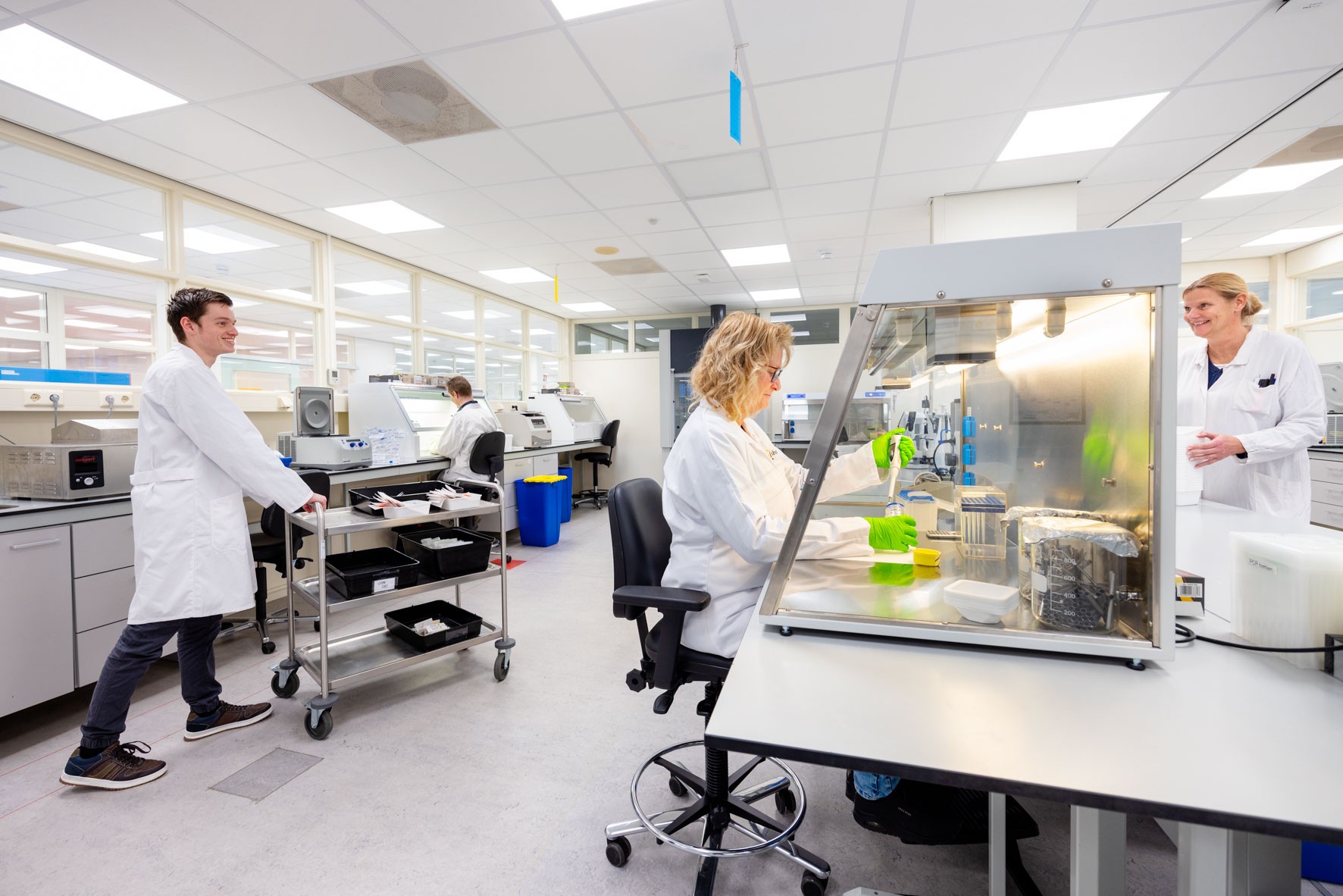
We test plant material for pests and diseases
Tests provide insight into the quality of plant material. Naktuinbouw laboratories test plant material for the presence of harmful viruses, fungi, bacteria, nematodes or other organisms. With its extensive knowledge and high-tech equipment, Naktuinbouw offers the assurance of meticulously tested plant material and disease resistance.
DNA techniques increasingly enable us to establish the identify and origin of plant varieties. We perform these tests for companies, for our variety testing activities (determining references) and for our inspections.
Identity testing is performed based on validated protocols. We use DNA markers and other techniques where possible. We also develop new tests for our laboratories and our sector, as well as validating testing methods. If necessary, we use diagnostic testing for diseased plant material. These tests can be run on plant material and the final products of floricultural, arboricultural and vegetable crops. We cooperate closely with national and international specialists in these activities.
Companies can import plant material of fruit crops from outside the EU through a quarantine procedure. This is possible at our Test Center in Horst. We also develop disease-free plant material of fruit and ornamental crops.
We are committed to robust Plant Breeders’ Rights systems all over the world
Plant Breeders’ Rights is an indispensable tool for breeders for the development of new varieties of plants. It takes a great deal of time, money and effort to develop a new variety. Plant Breeders’ Rights protect the intellectual property of the breeder so that they can reap the rewards of all their hard work.
Everyone is entitled to use varieties protected by Plant Breeders’ Rights for cross-breeding purposes, in order to develop other new varieties. New, improved plant varieties can make a vital contribution to food security. New varieties that are resistant to pests and diseases reduce the need for crop protection products, and contribute to positive agricultural and economic development worldwide.
In the Netherlands, the Board for Plant Varieties is the authority responsible for decision-making regarding granting of Plant Breeders' Rights and listing varieties so they are approved for marketing. In the European Union, this authority is held by the CPVO. Naktuinbouw performs DUS testing for both organisations. DUS stands for Distinctness, Uniformity and Stability.
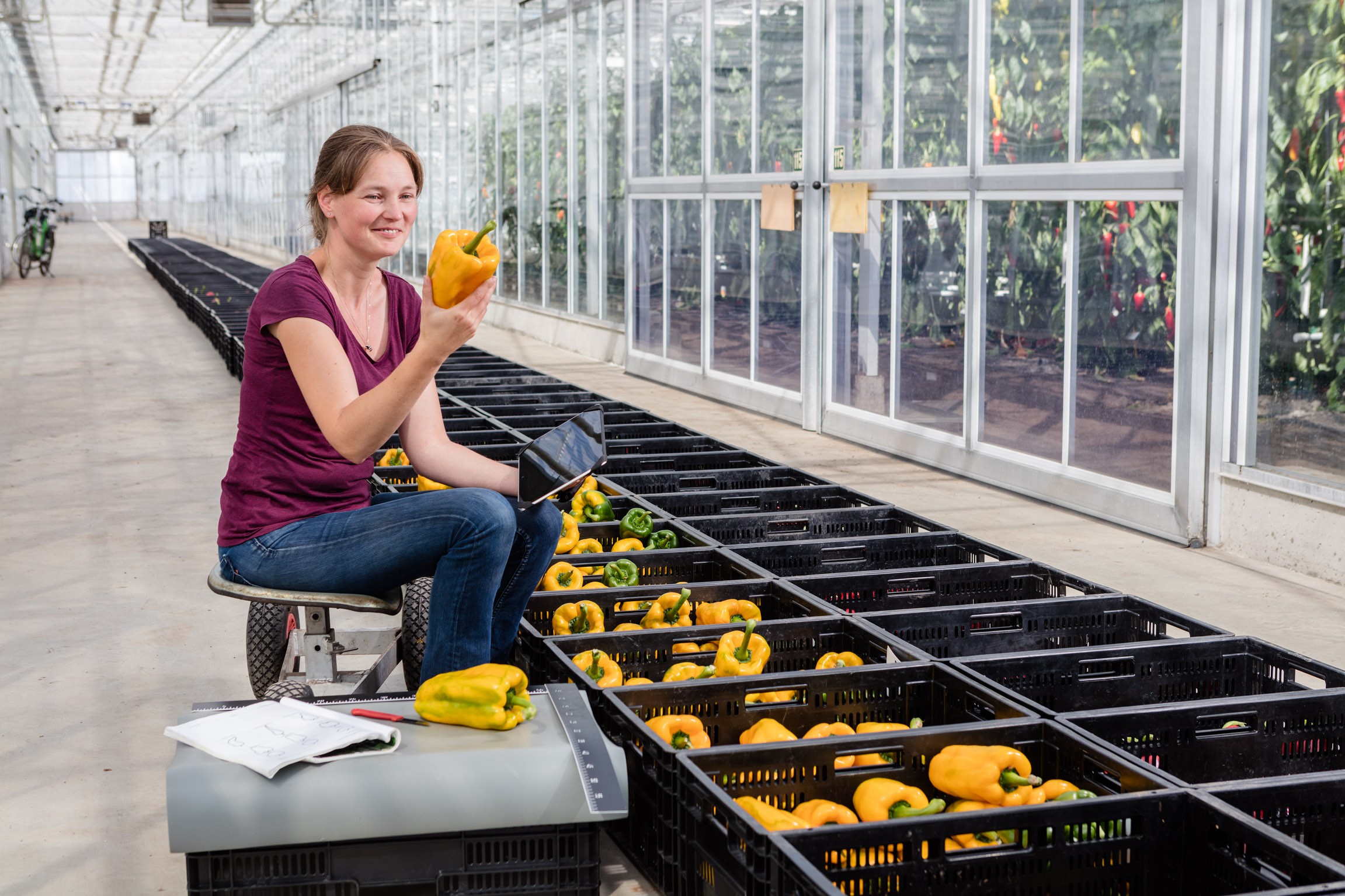
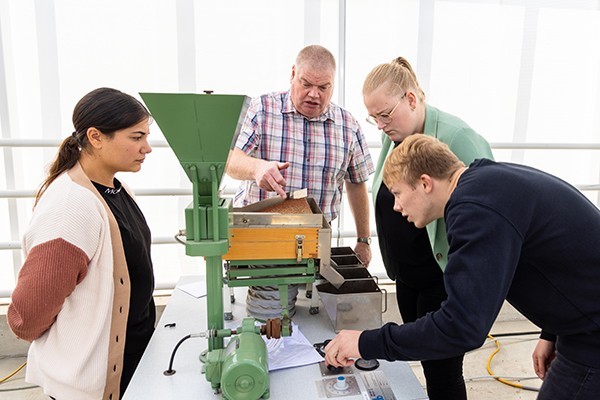
We actively share our knowledge with our partners and companies in the horticultural sector
For the young generations, we do this in the form of excursions, internships and projects for primary schools.
We share knowledge with the employees of companies and organisations by organising meetings, presentations, training courses, and through (scientific) research. We cooperate worldwide in the fields of pests and diseases, quality and Plant Breeders' Rights testing. Our partners include government authorities and international organisations.
Recognisable excellence through accreditation systems
Companies that produce high quality propagating material can demonstrate the added value or superior quality of their products by participating in our accreditation systems. We develop these systems on the request of, and in cooperation with, the business community. Companies can use this system to demonstrate that the plant material complies with stricter requirements.
Naktuinbouw is working to ensure that companies can officially use the results from our accreditation systems for the issue of phytosanitary certificates necessary for export to countries outside the European Union. The results obtained under our NAL accreditation system (Naktuinbouw Authorised Laboratories) can already be used for this purpose, under a toleration policy of the Netherlands Food and Consumer Product Safety Authority (NVWA). The NVWA and Naktuinbouw made preparations to establish a working party in 2023. In 2024, this working party will be tasked with drafting an agreement that formally permits official use.
We support developments in our sector
In July 2023, the European Commission proposed two new regulations that specifically cover all reproductive material except for ornamental plants. The Regulation for Plant Reproductive Material (PRM) is of most relevance for the horticultural sector as the new PRM regulation directly impacts on our work and the horticultural sector. For this reason, Naktuinbouw is closely involved in the developments.
Read more about this in the featured article ‘New European legislation on plant reproductive material’.
Naktuinbouw Laboratories also support the sector by regularly developing new tests. These tests support the process of examining plants for symptoms and providing diagnosis results and guaranteeing that plants are free of certain viruses.
Information
We want to be as well-prepared as possible to respond to the ever-increasing dynamism in the sector and beyond. Our organisation must be sufficiently agile and flexible to cope with
changing digital needs and technological advances. To facilitate this we are building a reliable database. This is one of the main objectives of Information Provision at Naktuinbouw. Reliable information is a vital asset that our organisation must be able to manage intentionally and actively. Last year, we started to configure a new data warehouse that will act as a database to generate reliable information. This will transition into a continuous process that ensures a dynamic, reliable data base that is continuously accessible from anywhere. It will serve as the foundation for the digital growth that Naktuinbouw is experiencing.
Sector boards support our foundation’s board
Sector boards representing floricultural, arboricultural and vegetable crops support our foundation’s board. The foundation board consists of six members from the sectors and an independent chairperson. Agnes van Ardenne resigned as chairperson of the board in September. Wim Nijssen temporarily assumed her duties as acting chairperson. Dirk Duijzer was appointed chairperson by the board with effect from 1 January 2024.
The board is tasked with the day-to-day management and is assisted by five heads of department. Advisory committees act as a sounding board for the management team and advise the sector boards and the foundation’s board. The members of the board, sector boards and advisory committees are listed on our website.
In the photo management and management team in 2023.
From left to right: Jacq de Koning (Head of Laboratories),
Bert Scholte (Head of Variety Testing), Marcel Brans (Head
of Knowledge & Competency Development), Hennie Stavleu
(Head of Finance & Resources), Stef Schuijt (Director),
John van Ruiten (Director), Peter van Nieuwkoop (Head of
Inspections).
Bert Scholte retired on November 1, 2023. Raoul Haegens succeeded him.
